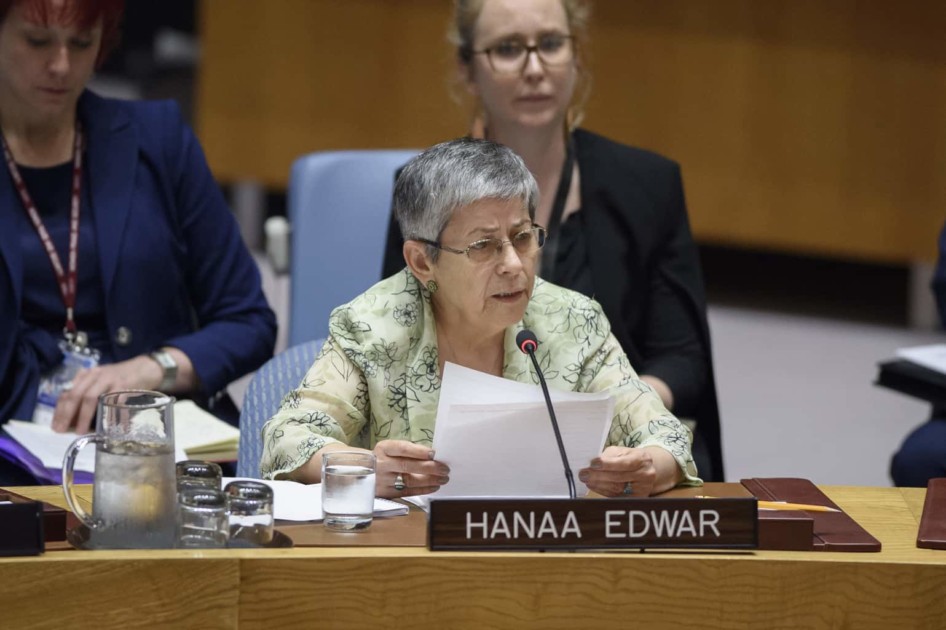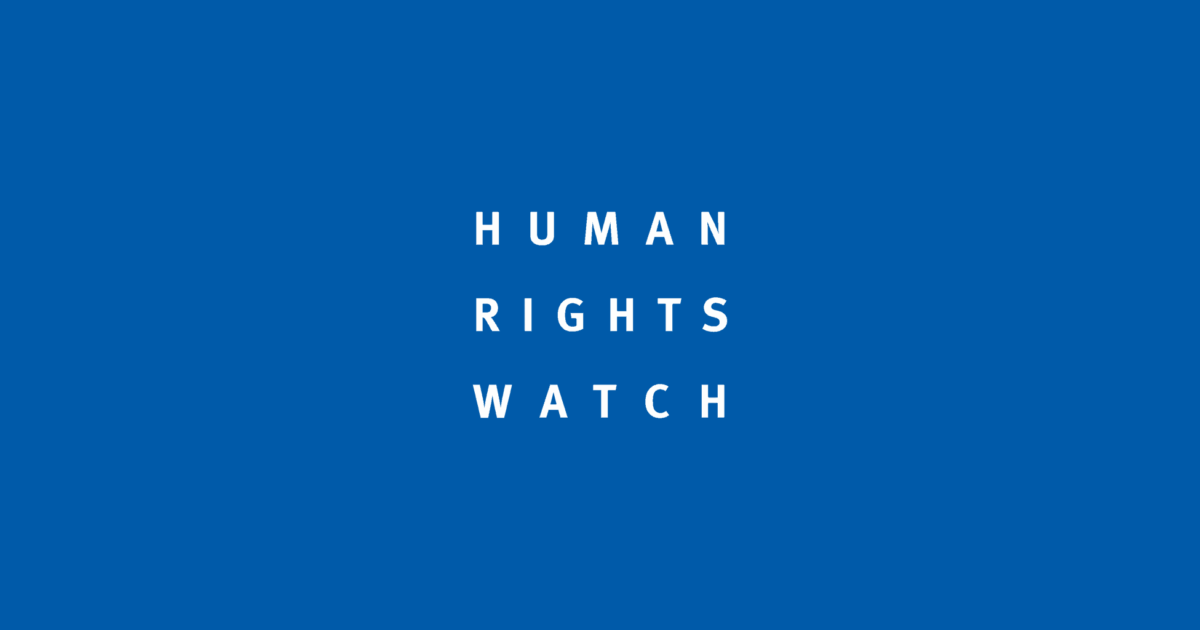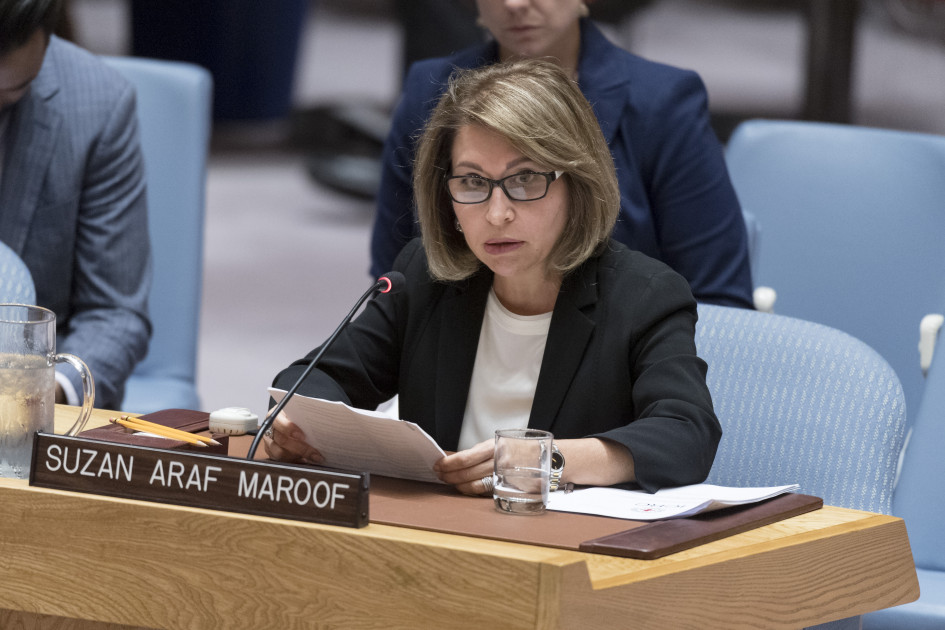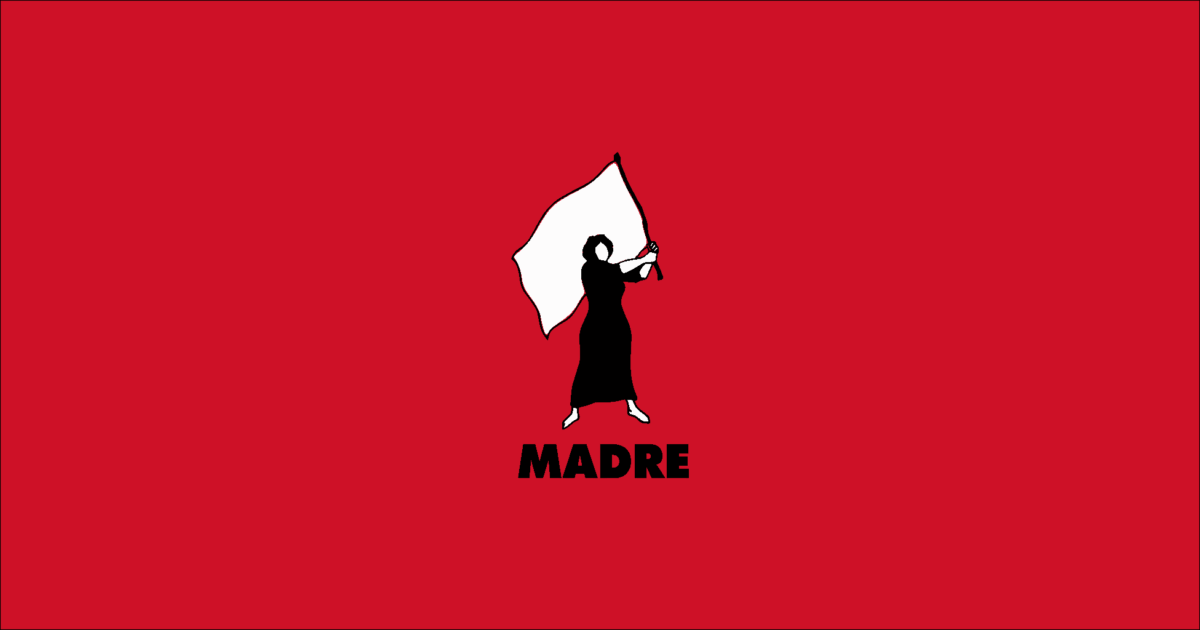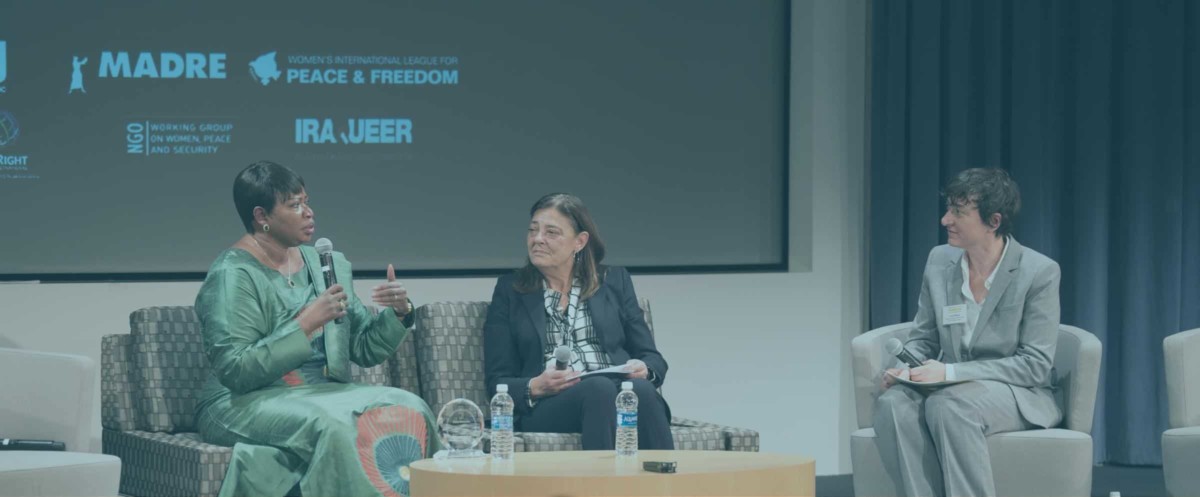Iraq
Iraq
Women are crucial allies to the efforts to eliminate extremism in Iraq. The Islamic State of Iraq and the Levant (ISIL) has contributed to a political landscape in Iraq historically characterized by sectarianism, ineffective judicial systems, high levels of government corruption, and high rates of violence against women, including sexual and gender-based violence. ISIL continues to use sexual and gender-based violence and rape as weapons of war— and targets women, particularly Yazidi women and other non-Shiite minorities, for sexual slavery among fighters.
Iraq acceded to the Convention on the Elimination of all Forms of Discrimination against Women (CEDAW) in 1986, launched the National Strategy on Combating Violence against Women in 2013, and launched its National Action Plan pursuant to Resolution 1325 in 2014. Iraq’s National Action Plan was the first launched in the Middle East. The Ministry of Women’s Affairs in Iraq has also developed a National Strategy for the Advancement of Iraqi Women, but due to the political climate it hasn’t been effectively implemented; similarly, laws banning forced and early marriages are rarely enforced.
Based on the work of NGOWG members and their partners, the NGOWG advocates for the Government of Iraq to clarify their shelter policies, in order to allow and support Iraqi NGOs in their efforts to operate shelters and provide much needed services to survivors of SGBV. Further, the NGOWG urges the Security Council to ensure that the United Nations Assistance Mission for Iraq (UNAMI) is regularly engaging with women’s organizations, and will continue to take concrete steps to support women’s participation in all peace and security processes.
Current and Past Recommendations to the UN Security Council (Monthly Action Points)
In its discussion of the situation in Iraq, the Security Council should inquire into the ways in which the UN Assistance Mission in Iraq (UNAMI) is adjusting its operations to mainstream gender as a cross-cutting issue, as per the mandate renewal in June 2018 (S/RES/2421 (2018), OP 2(e)). The Council should address the fact that current prosecutions of Islamic State in Iraq and the Levant (ISIL / Da’esh) members are limited to violations of counter-terrorism law in trials which do not address human rights abuses, including SGBV crimes, and that Iraqi courts’ broad interpretation of terrorist affiliation puts victims, such as women and girls forced to marry ISIL fighters, at risk of prosecution. The Security Council must call for accountability for serious human rights violations against all groups and by all sides. These violations include, but are not limited to, abduction and human trafficking, sexual slavery, rape, torture committed on the basis of gender, and other forms of SGBV by ISIL, as well as beatings, unlawful detention and SEA of alleged ISIL-affiliated families. In line with a letter submitted by 49 Iraqi civil society organizations on 13 July 2018, the Council should ensure a fair and transparent judicial process that allows for witness and victim participation in transitional justice reform, as well as reparations and reintegration assistance for victims of SGBV. The Security Council should ensure the Iraq investigative team (established under S/RES/2379 (2017)) is inclusive and composed of impartial and independent experts, including a senior women’s protection officer, with extensive expertise in collecting, consolidating, preserving and analyzing evidence, and integrating gender analysis. The adoption of resolution 2379 (2017) is an important step towards accountability for crimes committed against civilians by ISIL. However, the Council should demand the creation of an independent inquiry or expand the scope of the resolution to investigate crimes committed by other armed groups. There is particular concern regarding the persecution and discrimination against returnees, especially women and children. Many of them are marginalized, and some are imprisoned for their association with ISIL. This information should be included in future reporting and as a subject under discussion during Council consultations. The Council should call for the expansion of current documentation and reporting requirements to cover all gender-based crimes, including crimes against women human rights defenders, LGBTIQ persons, men and boys, and those persecuted for defying prescribed gender roles. In this regard, the Council should request an update on the implementation of the UN-Iraq Joint Communiqué on the prevention of and response to conflict-related sexual violence. The Council should urge the Government to pass the draft Family Violence Protection law with proposed amendments from Iraqi women’s rights organizations, including provisions clarifying that non-governmental organizations (NGOs) may provide shelter for women fleeing SGBV. Furthermore, the Council should call on the Government to immediately issue a directive to clarify that NGOs may provide such shelter while the draft law remains pending before the Iraqi Parliament.
Relevant Resources


